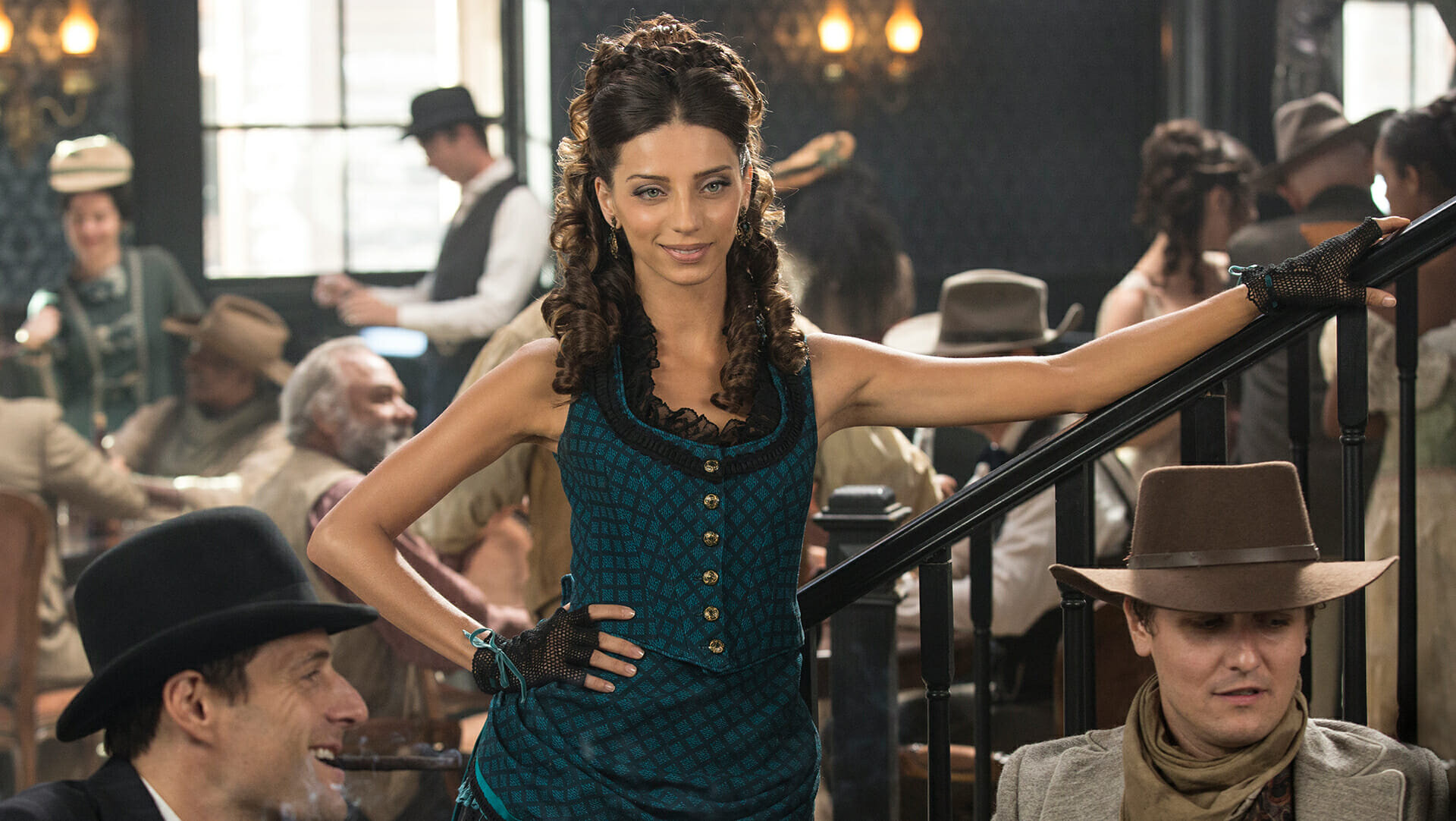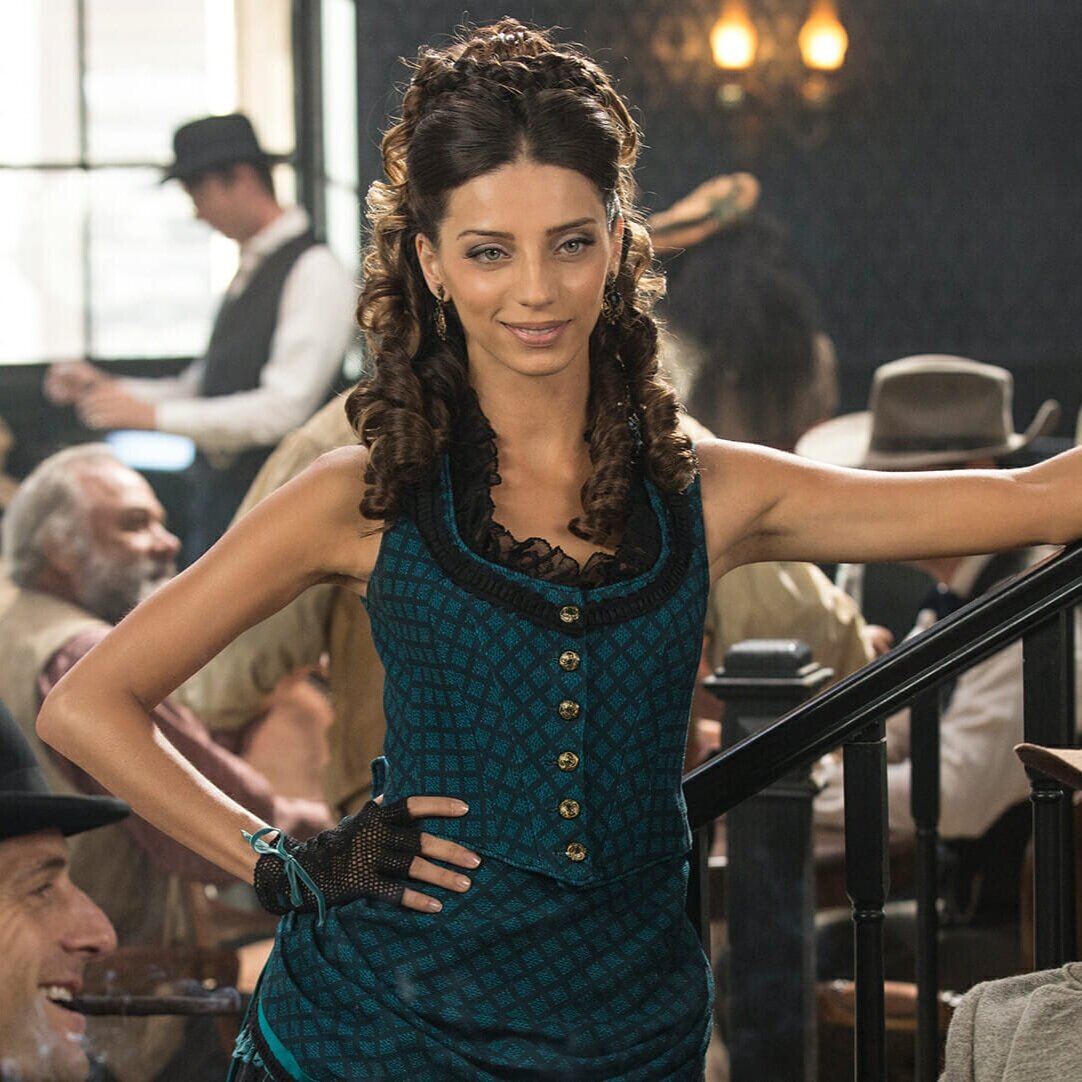Westworld: Episode 6
“The kind of control you're attempting is simply not possible. If there is one thing the history of evolution has taught us, it's that life will not be contained. Life breaks free, it expands to new territories and crashes through barriers, painfully, maybe even dangerously, but there it is.”
Michael Crichton’s original film Westworld suggests a looming chaos arising from machines under false control and the notion that “life breaks free” from the film was clearly translated into the his novel, Jurassic Park; seeing as the current rendition of Westworld still holds this central thematic element, it seems forty years has not sufficed to convince us that our scientific creations are trapped within the confines we establish.
As the human creators are faced with violence and uncertainty in the sixth episode of Westworld, including the threat of hosts who match them in mental capacity, this theme is persistent. Maeve’s demands for the repairmen to decrease her loyalty, while increasing her courage and intelligence,,are a turning point in the season. Despite the intention to keep hosts at an inferior intelligence, the code is flawed, as it allows for mental expansion and growth that was never meant for the hosts. This is only one of many instances showing the untapped potential of artificial intelligence.
While hosts including Maeve and Dolores are coming to terms with their reality and gaining autonomy, others have gained control over their human creators merely by existing. Dr. Ford possesses a diorama of his family within the outskirts of the park - his parents, sibling, and a younger version of himself coexist in an isolated preservation of a faded past. Although he claims that the hosts and Westworld are controlled by his imagination and desires, he himself has been consumed by an obsession with a false life. While he believes the guests are the ones bound by the park’s alluring offers, he is a hypocrite; Ford is unknowingly bound to a blind urge for the past, obsessed with the preserved moment before him. He fails to acknowledge the gravity of his own actions and yet still reminds Bernard that growing too attached to lost loved ones is unhealthy.
This episode represents the start of a landslide that threatens the foundation of the resort itself, just as this powerful concept of catastrophe is a vivid theme among all of Crichton’s works. As the storylines within the series align, it is probable that they will converge upon a sudden, dramatic collapse.










